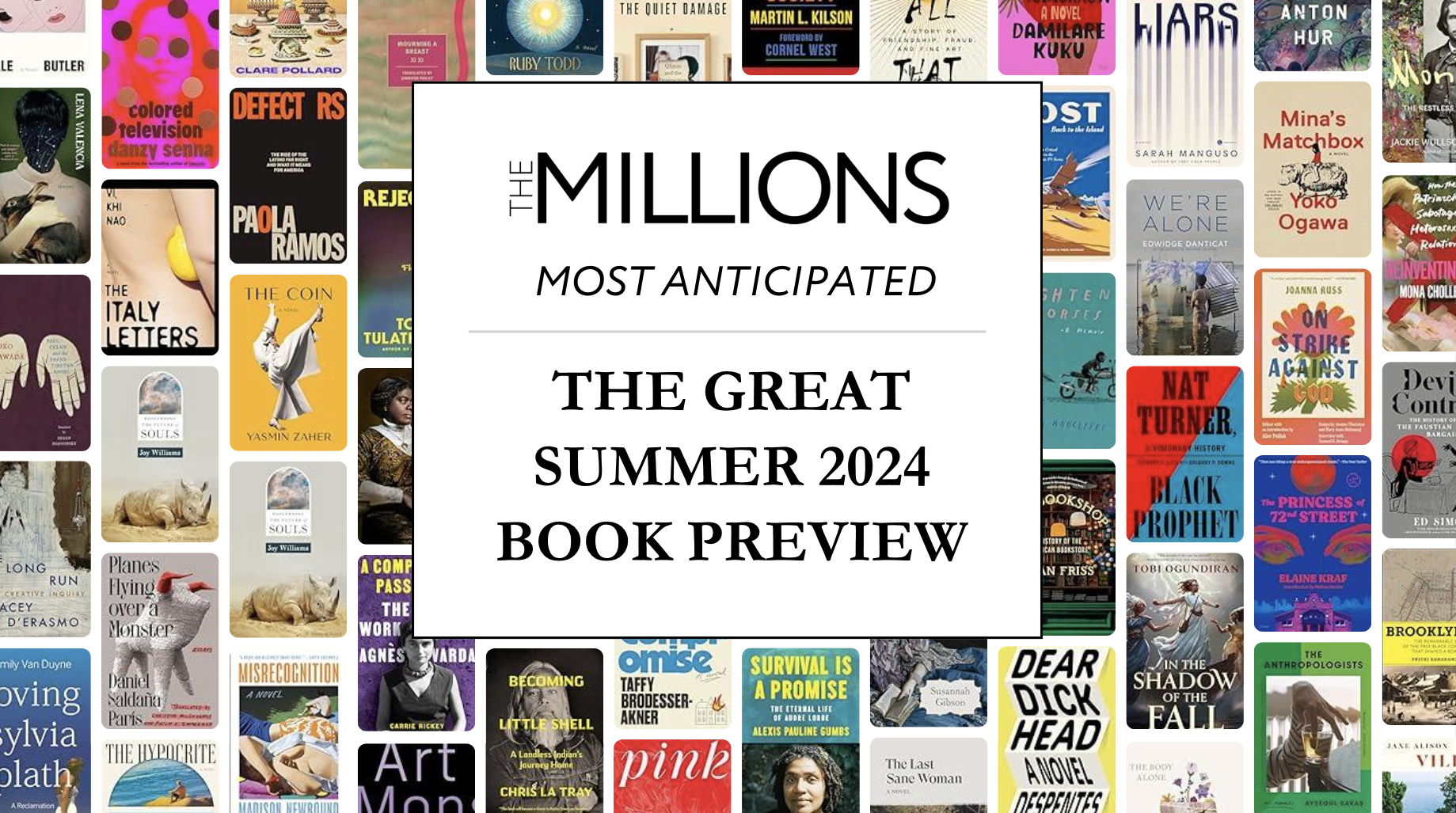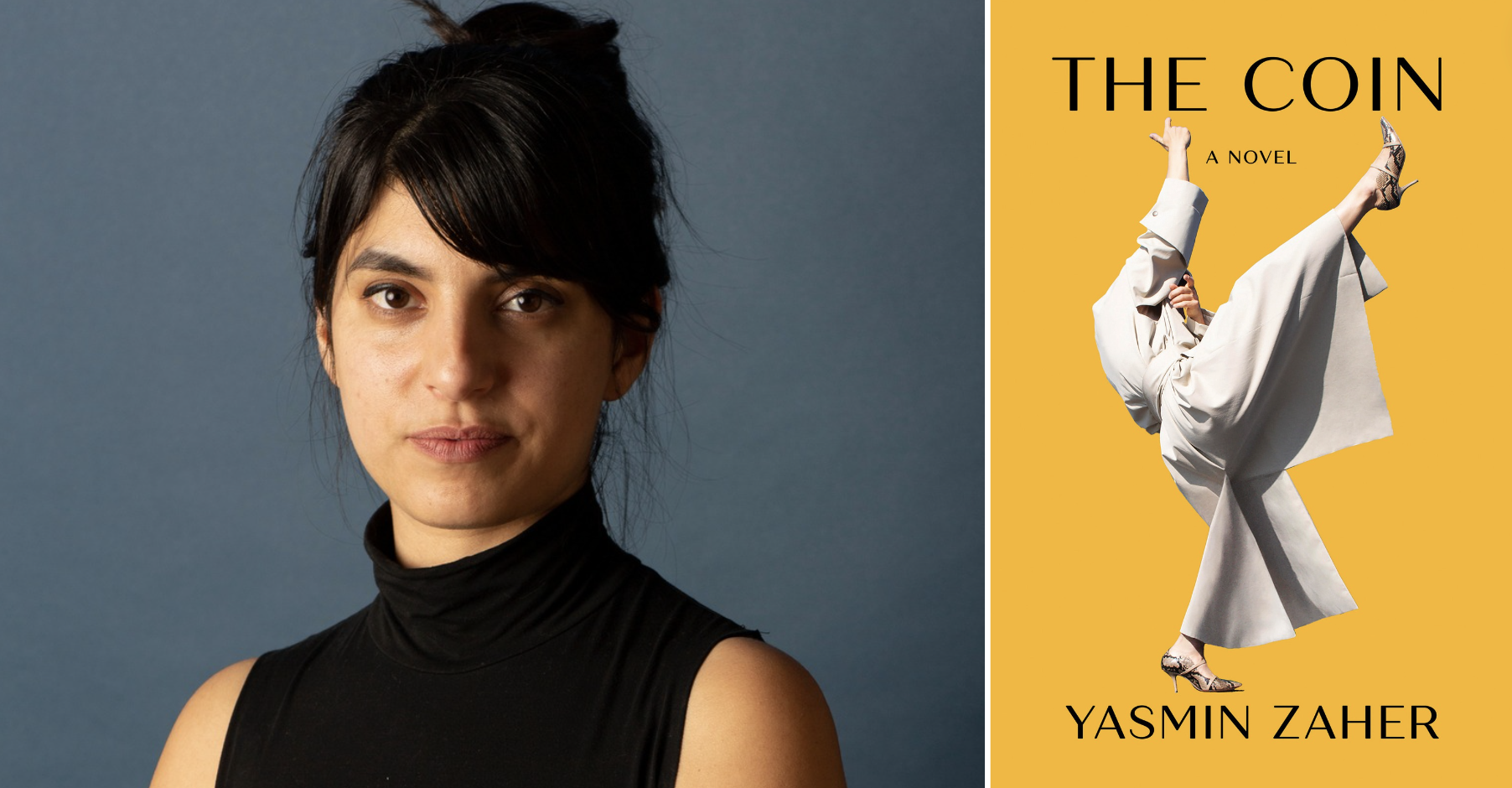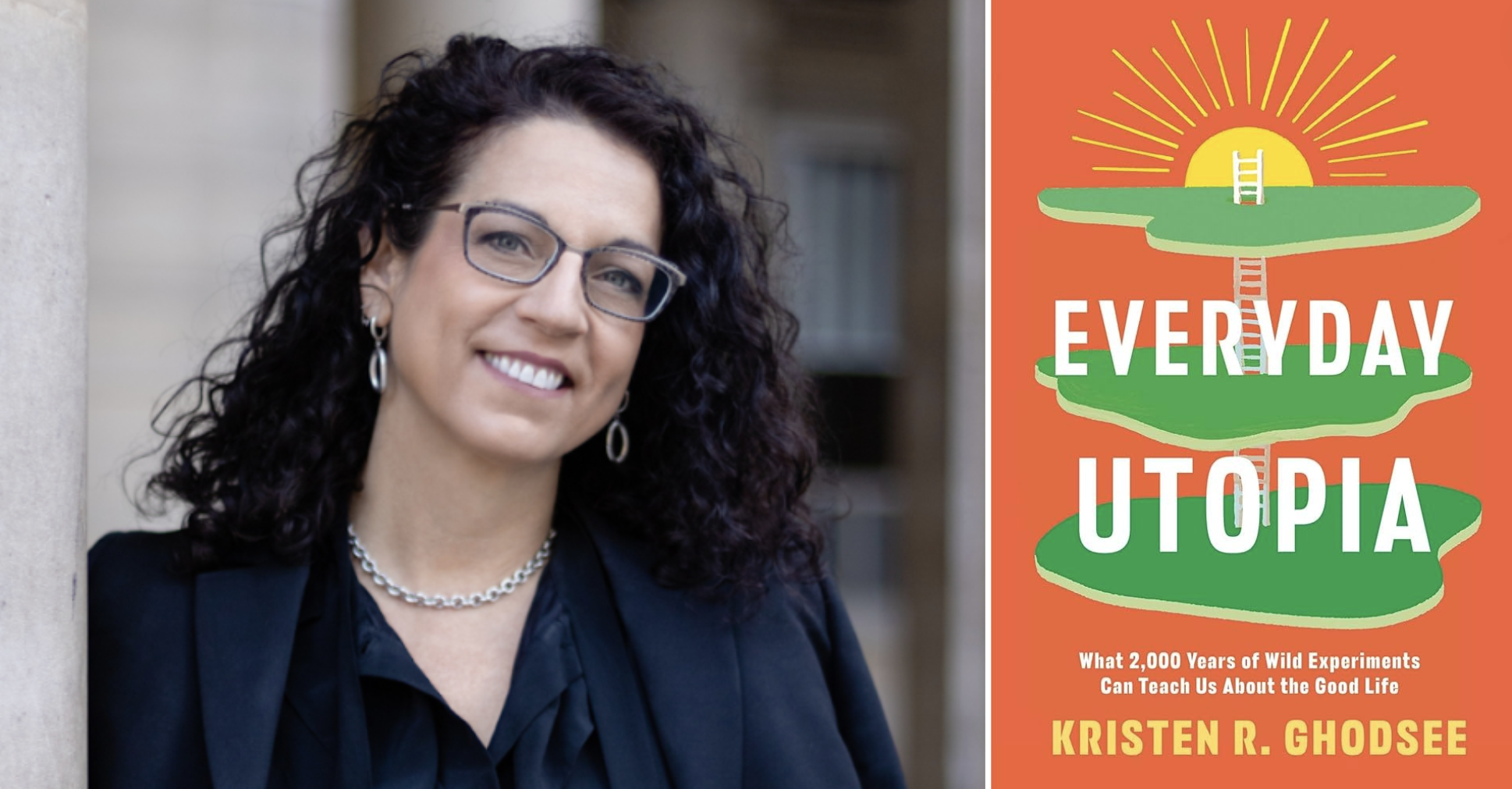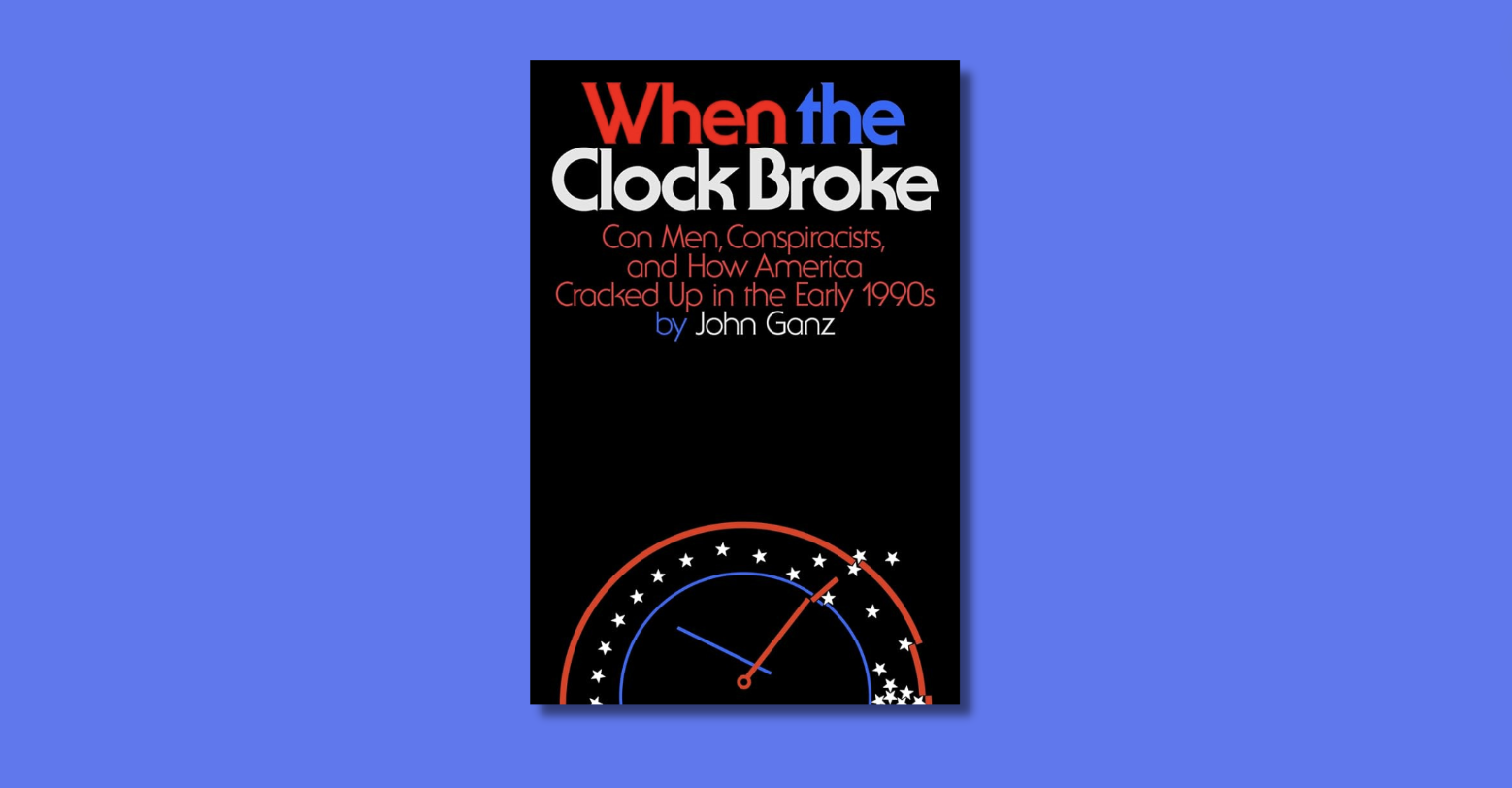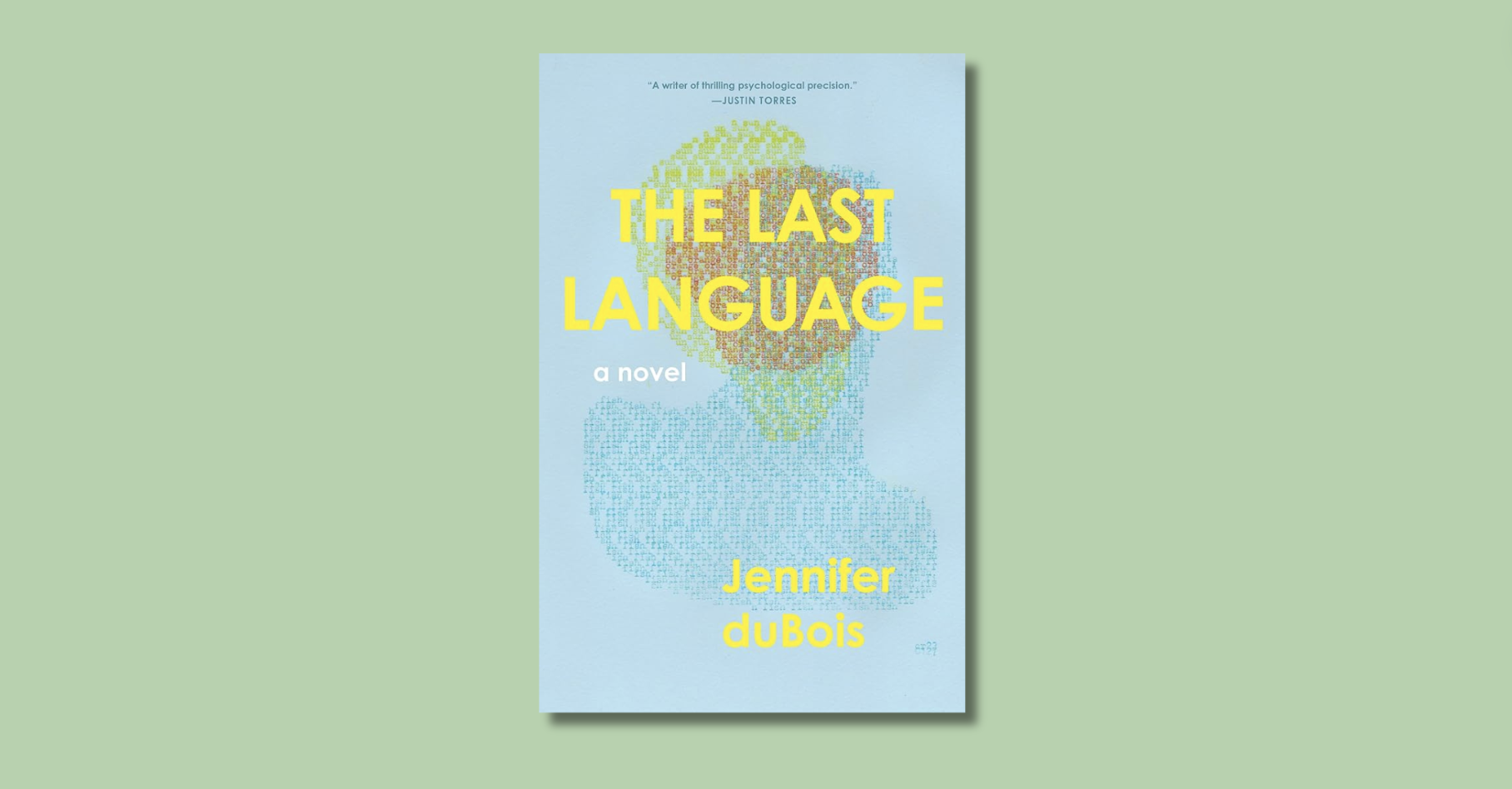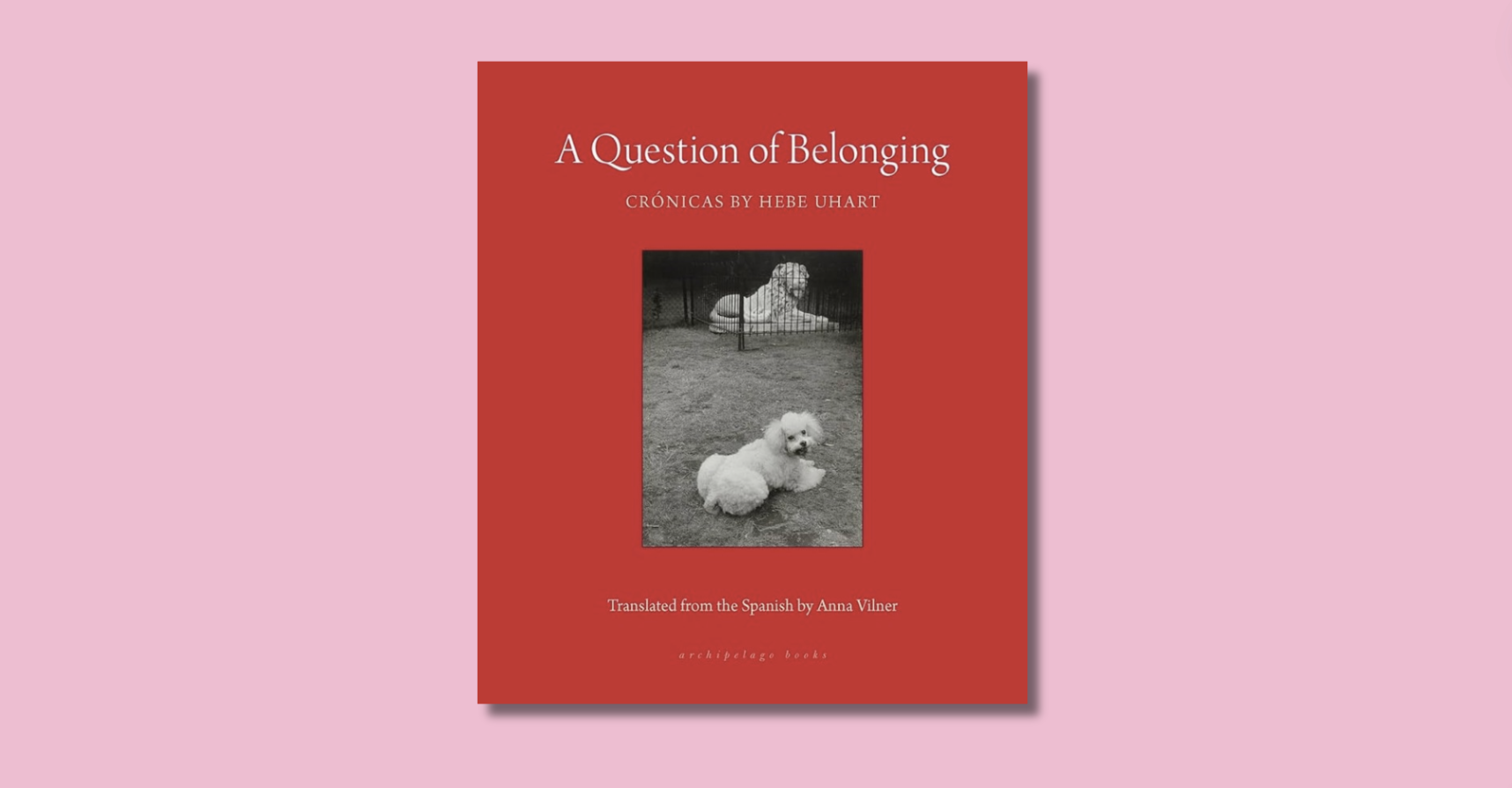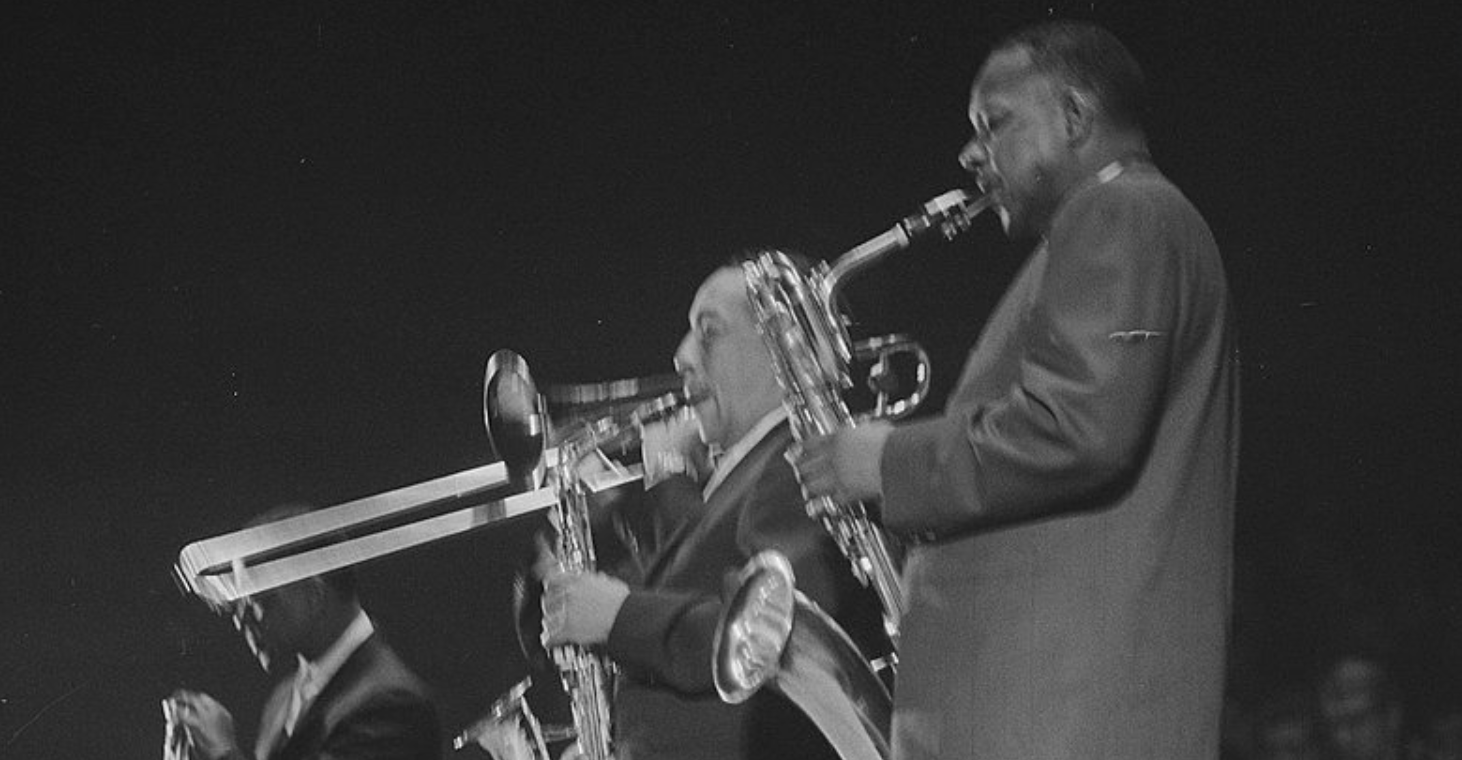 In the same way that it would be hard to meet Scarlett Johansson and not be distracted by her beauty, it is difficult to read War and Peace and not be preoccupied with its reputation as the greatest novel ever written. As lay readers, the specific qualities that make War and Peace so great can be hard to assess. But just as it takes specialized knowledge to understand exactly why a magnet attracts metal, yet any five-year-old can identify a magnet when he sees one, it is one thing to apprehend the formal properties of a great work of art, but another, much more accessible question, to assess its effects. And so, having recently finished reading War and Peace, what I want to think about is just what it is that great art does.
In the same way that it would be hard to meet Scarlett Johansson and not be distracted by her beauty, it is difficult to read War and Peace and not be preoccupied with its reputation as the greatest novel ever written. As lay readers, the specific qualities that make War and Peace so great can be hard to assess. But just as it takes specialized knowledge to understand exactly why a magnet attracts metal, yet any five-year-old can identify a magnet when he sees one, it is one thing to apprehend the formal properties of a great work of art, but another, much more accessible question, to assess its effects. And so, having recently finished reading War and Peace, what I want to think about is just what it is that great art does.
One way to think about what a work of art does is to imagine the counterfactual—how would my life have been different had I not spent the last three months reading War and Peace? The answers, I think, tend to group into three categories: The social experiences I had because of the book; the ideas the book incorporated into my life; and the aesthetic moments that were opened to me because of what I was reading.
The social consequences first. It’s a fair bet that without War and Peace I would not know that my father-in-law read the book himself in two feverish weeks 35 years ago while on sabbatical in West Berlin. People, as I discovered, tend to remember where they were when they read War and Peace, and when they saw me with the book they told me those stories. I learned that my friend Paul read War and Peace as a 25-year-old Peace Corps volunteer in Colombia in the late-sixties. He told me that the experience was revelatory in that it showed him that “a classic that came with the gravity of adult recommendations could be more engaging than life and easy to read, too.”
War and Peace lends itself to sharing with others more than most books. I wouldn’t say that shareability is an essential element of great literature, but where present, it helps. As I read, I frequently retold episodes from the book. I remember taking a long walk with my wife in early February and telling her the story of how Pierre, who was kind-hearted but lacked will, became engaged unwittingly to Helene who was beautiful. With my father-in-law, as part of a conversation about how to plan for the future, I brought up the tragic tale of young Petya Rostov, who joined the Russian army in a fit of patriotic fervor, but whose romantic visions of war blinded him to its dangers right up until the moment he was shot through the head. And on a happier note, I shared with my friend Eric a retelling of the scene of Natasha at the opera, a scene charged through with the erotic energy of a young woman suddenly becoming aware of her beauty and the power it holds over men.
This is not something I usually do, tell stories from books I read, but the spectrum of experience depicted in War and Peace, combined with the precision with which it’s captured, creates an infinite number of roads into the book and an infinite number back out. The fact that the scenes in War and Peace are easy to retell is also in keeping with a claim my friend Paul likes to make that Tolstoy’s writing is so irreducible that the translation doesn’t matter. (For my part, I began reading the Maude translation and switched halfway through to the new Pevear and Volokhonsky; I found that while my mind was stimulated all the same, my heart raced twice as fast with the newer version.)
After the social experience of the book there is the intellectual one. I have read other novels where the controlling idea of the story came to serve as a lens through which I viewed my days, but never has this happened quite as thoroughly as it did with War and Peace. Tolstoy’s intellectual agenda in the book was to expose the meagerness of historical accounts of the War of 1812 that tried to reduce the world-remaking conflict to a finite and knowable set of causes. Instead, Tolstoy wanted to depict the war in all its complexity and contingency, to show that the outcome rested at least as much on the decision of an individual soldier to charge or not as it did on Napoleon’s machinations, and that both the soldiers and the Emperor were controlled equally by forces larger than themselves.
It’s an expansive idea and one that finds ready application in almost any facet of one’s life. I thought of Tolstoy when reading about climate change (he probably would have been a skeptic) and when assessing President Obama’s leadership on health care (I think, based on his favorable depiction of General Kutuzov, who abandoned Moscow to the French in order to preserve the Russian army, that Tolstoy would have endorsed Obama’s decision to forego the public option).
I applied War and Peace to my life in smaller ways, too. A passage about the forced idleness of regimental life clarified vague thoughts I’d had about how having a baby makes it easier to nap guilt-free. And at one point—I may have been walking through a park when this happened—I stopped short after reading a passage on Prince Andrei’s decision to withdraw from life into the work of his estates that seemed, minus the part about the estates, like a mimeograph of my own mind. (One somewhat disquieting effect of reading War and Peace is that the more your own thoughts show up in its pages, the less original your life begins to feel.)
In the end, though, the reason I read novels is not because I can talk about them with other people, or because I’m looking for ideas to explain the world. I read them for the pure aesthetic moment that comes from seeing life perfectly distilled into words. In this respect, I don’t think there is a more able book than War and Peace. Tolstoy’s singular genius is to be able to take the torrent of conscious experience and master it. There are countless moments in the book where this happens, but the one that left me reeling was Tolstoy’s long, exquisite depiction of the Battle of Borodino, which was the deciding battle in the war and one of the bloodiest in history.
The night I finished reading about Borodino, it was plainly obvious that I had just read something great. Yet here I was sitting in a corner of my couch, just the same as I had been an hour before. I thought about the question with which I opened—what is it that greatness does? An encounter with greatness, I would say, is like a bright light fixed in time, a marker that defines memory and makes it clearer than it otherwise might have been, that we were here.
Previously: Scenes of Retreat in War and Peace and Atonement, Selections from a Winter Reading War and Peace
Bonus Link: The Millions Interview: Richard Pevear and Larissa Volokhonsky
